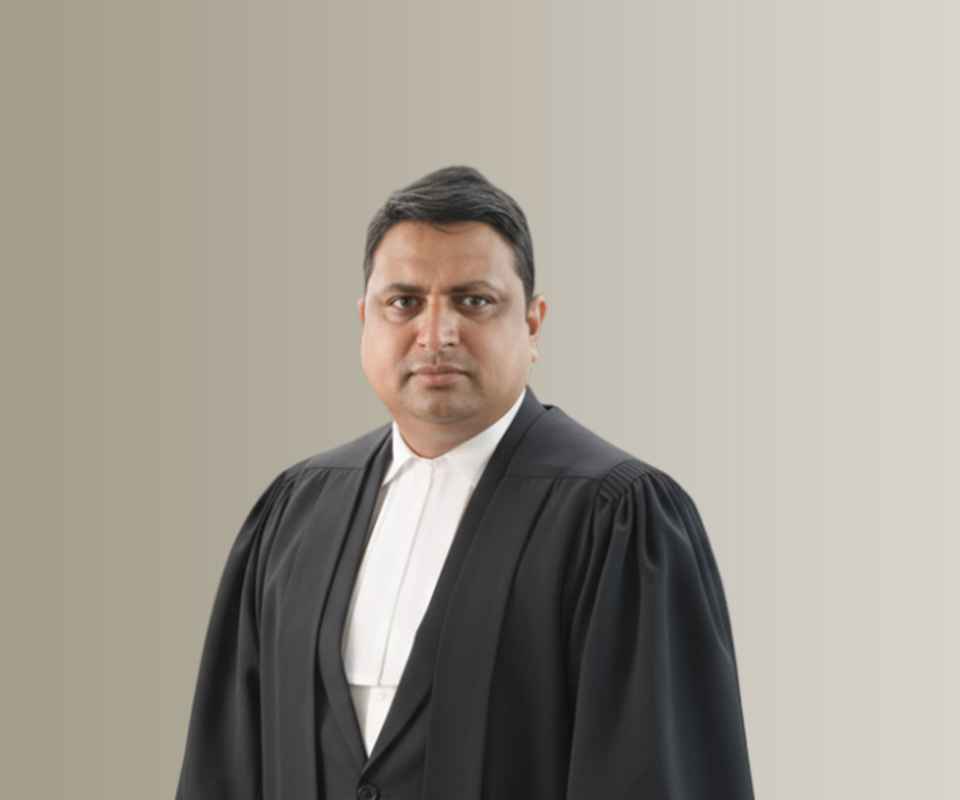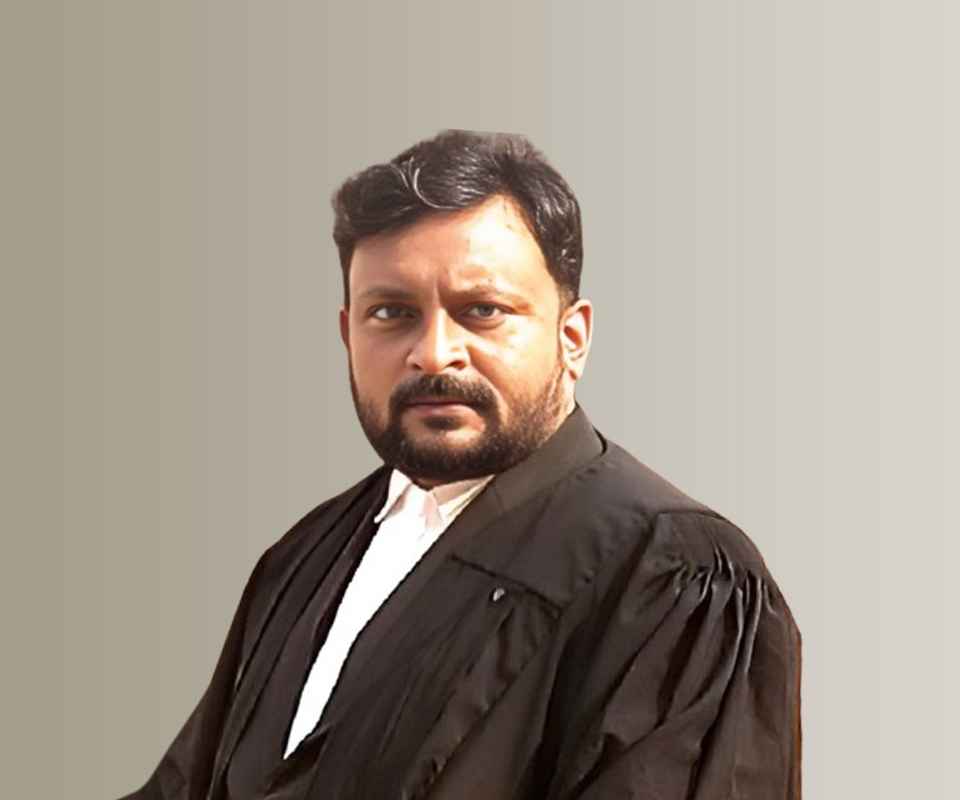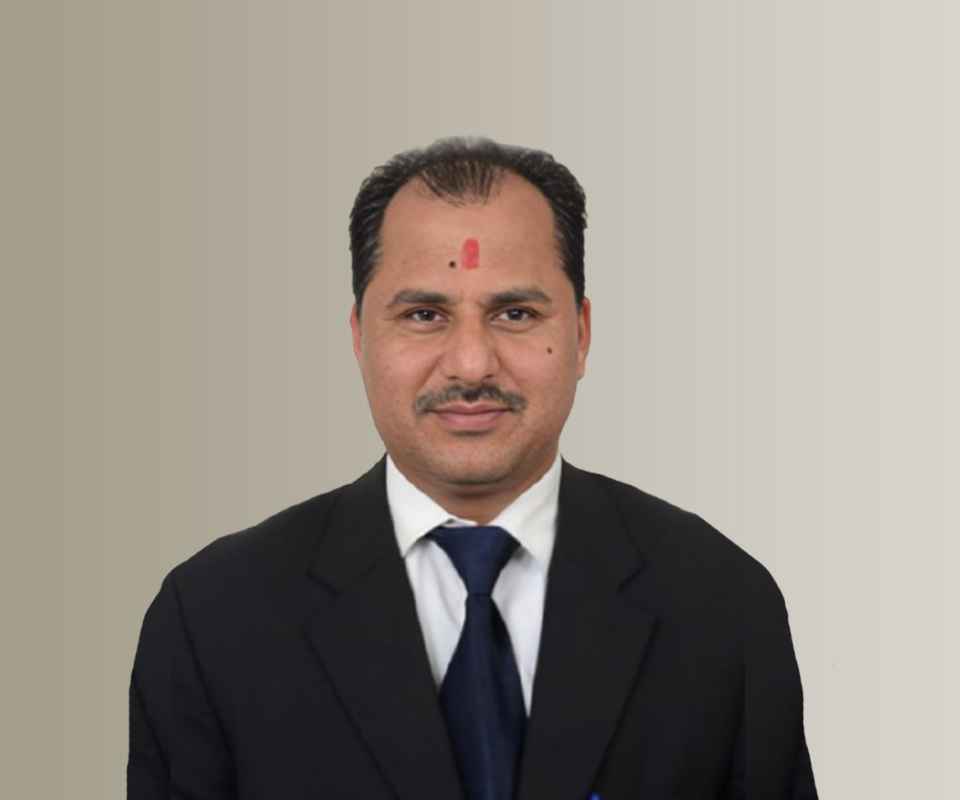Answer By law4u team
Yes, you can marry under the Special Marriage Act (SMA) if your partner belongs to another religion. The Special Marriage Act was specifically enacted in 1954 to provide a legal framework for the marriage of individuals who are not governed by the personal laws of any specific religion, including interfaith marriages (i.e., marriages between people of different religions or communities). This Act allows couples to marry without the need for conversion to a common religion, making it an ideal legal route for interfaith marriages in India.
Steps to Marry Under the Special Marriage Act:
1. Eligibility Criteria:
- Both individuals must be above 21 years of age (for males) and above 18 years of age (for females).
- Both individuals must be unmarried, divorced, or widowed.
- There should be no relation of prohibited degrees (i.e., they should not be closely related as per the Act).
2. Application and Notice of Marriage:
You and your partner must submit a notice of intended marriage to the Marriage Officer in the district where at least one of you has lived for 30 days prior to the notice. The notice will be displayed publicly at the marriage office, and if no objections are raised within 30 days, the marriage can be solemnized.
3. Solemnization of Marriage:
After the notice period, if there are no objections, the marriage can be solemnized before the Marriage Officer. The marriage can be conducted either in the presence of the Marriage Officer or a religious or public ceremony as per your choice. Both parties must be present along with three witnesses.
4. Marriage Registration:
Upon solemnization, the Marriage Officer will issue a Marriage Certificate, which serves as proof of marriage. This is an official, legal recognition of the marriage under the Special Marriage Act.
5. Legal Protections and Rights:
The marriage will be legally valid under the Special Marriage Act, irrespective of the religions of the partners. This Act provides equal rights to both spouses, including the rights to maintenance, inheritance, and divorce under civil law.
Example:
If a Hindu individual wishes to marry a Muslim partner, the couple can opt for a marriage under the Special Marriage Act. They would submit a notice to the local Marriage Officer, and after a waiting period of 30 days, their marriage would be solemnized in the presence of the officer and three witnesses. The marriage certificate would then be issued, confirming the legality of their union, regardless of their religious backgrounds.
Conclusion:
In conclusion, the Special Marriage Act is a clear and accessible legal framework for interfaith marriages, allowing couples of different religions to marry without the need for conversion and ensuring their marriage is legally recognized and protected.







